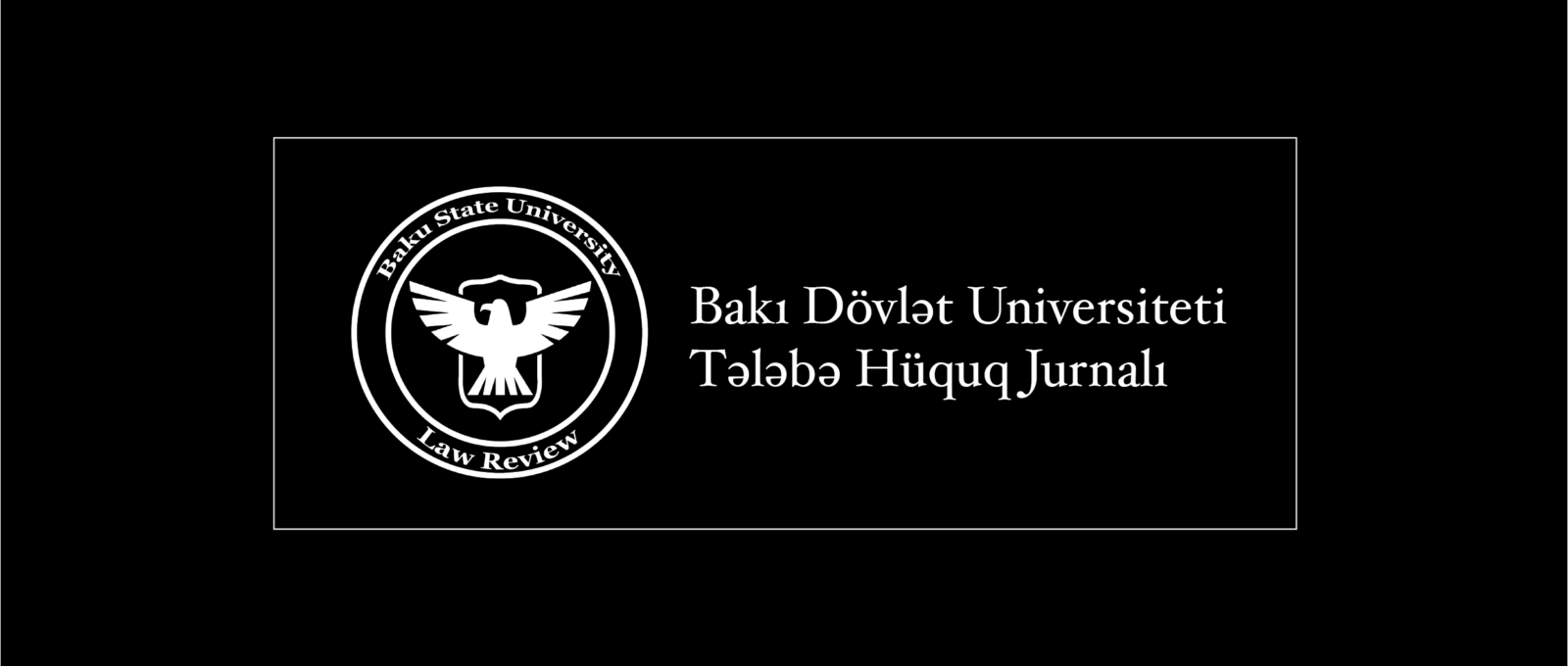Article language: English.
Abstract
The modern international law based on the assumption that a state is a sovereign unit but with certain limitations to action inside and outside state. The responsibility to protect is one of those limitations towards actions of a state inside national borders. The article analyzes first pillar of the concept – the responsibility of a state to protect its own population from genocide, ethnic cleansing, war crimes and crimes against humanity – and embodies analysis of relevant documents of the international law: the Convention on the Prevention and Punishment of the Crime of Genocide 1948, the Convention on the Suppression and Punishment of the Crime of Apartheid 1973, and the Geneva Conventions. The Author determines the structure of the responsibility of a state to protect its own population: (1) positive obligation, that can be described through the obligation for positive development of the national legislation as to the sphere of the responsibility to protect, the obligation to prosecute criminals responsible for international crimes, the obligation to cooperate in case of crimes prevention, and (2) the common negative obligation of a state to refrain from committing international crimes. Also, the Author concludes that the duty of a state to accept humanitarian aid from the international community does not exist legally.
Bu post həm də digər dildə mövcuddur:
Azərbaycanca

